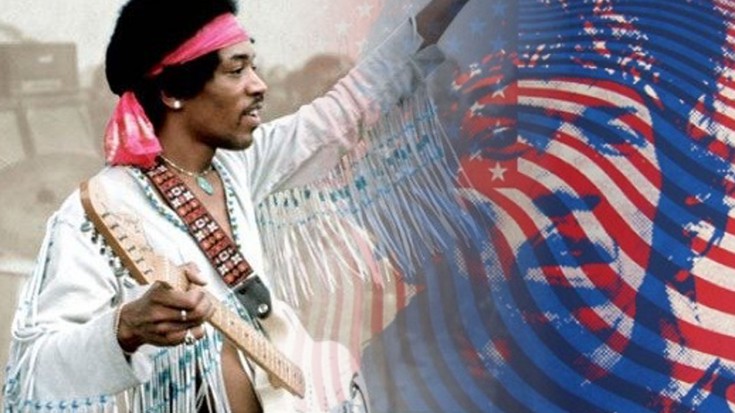Black Friday traditionally a yearly ritual where large American retailers run door busting big sales that start at 6 am immediately following the Thanksgiving holiday has added a new twist this year. For the first time stores around the country will be opening their doors while most of us are still putting down our turkey and cranberry sauce. Walmart, Sears, and Kmart are starting even earlier by offering deals an entire week early. 
I admit my family looks forward to the Black Friday Frenzy. It’s when we look to find our best deals. We stuff ourselves around the Thanksgiving table, play some games, hangout and talk, get some shut eye, and then get up early to hit a few of our favorite retailers for the door busters. But everyone is not thankful for the early start to Black Friday shopping mania, including me. I don’t think I like this idea of encroaching on what in most cases is much needed family time. Earlier in this case does not mean better.
Where did the term Black Friday even come from? Ben Zimmer, executive producer of Vocabulary.com, who has researched and written about the term, says its association with shopping the day after Thanksgiving began in Philadelphia in the 1960s — and even then the reference wasn’t positive. The local police took to calling the day after Thanksgiving Black Friday because they had to deal with bad traffic and other miseries connected to the throngs of shoppers heading for the stores that day.
Black Friday works for these reasons.
- It creates Frenzy by creating scarcity (6 am – 9 am door busters, First 100 shoppers pay only $100 for a laptop, etc)
- Ties into what we already like to do…shop
- Leverages social currency – we do it because that’s what everybody else does – so it can’t be wrong – in fact if I don’t and I miss a deal I really goofed.
- Makes us feel special because we saved big.
Learn more about the transformation of Black Friday.



